To provide the best experiences, we use technologies like cookies to store and/or access device information. Consenting to these technologies will allow us to process data such as browsing behaviour or unique IDs on this site. Not consenting or withdrawing consent, may adversely affect certain features and functions.
The technical storage or access is strictly necessary for the legitimate purpose of enabling the use of a specific service explicitly requested by the subscriber or user, or for the sole purpose of carrying out the transmission of a communication over an electronic communications network.
The technical storage or access is necessary for the legitimate purpose of storing preferences that are not requested by the subscriber or user.
The technical storage or access that is used exclusively for statistical purposes.
The technical storage or access that is used exclusively for anonymous statistical purposes. Without a subpoena, voluntary compliance on the part of your Internet Service Provider, or additional records from a third party, information stored or retrieved for this purpose alone cannot usually be used to identify you.
The technical storage or access is required to create user profiles to send advertising, or to track the user on a website or across several websites for similar marketing purposes.
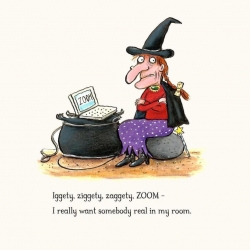 For now, just forget the cyborg monkeys and spinach sending emails, the real short term tech action is all about how to gauge what workers are thinking or doing, and what to do about it – especially if whatever they are thinking and doing is not what the org wants for them or, more importantly, itself. Things are getting crazy. (more…)
For now, just forget the cyborg monkeys and spinach sending emails, the real short term tech action is all about how to gauge what workers are thinking or doing, and what to do about it – especially if whatever they are thinking and doing is not what the org wants for them or, more importantly, itself. Things are getting crazy. (more…)






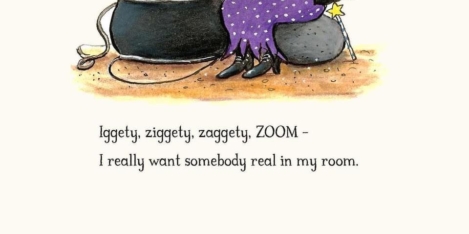
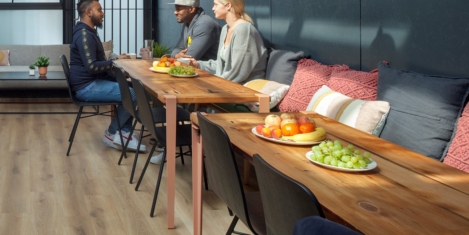
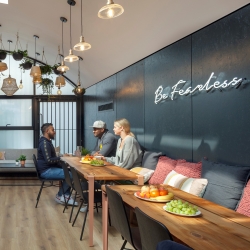 Let’s be honest, work life pre 2020 had its flaws, whilst the longing for variety of scenery, change of pace and even a train journey (somewhere…ANYWHERE) would be welcomed by many of us right now, many of us had become a bit ‘hamster wheel’ in our approach. Commuting was stressful, expensive and time hungry; our natural and individual rhythms squeezed into a set 9-5 schedule and workplace design had become a bit ‘quantity over quality’ – desks have been reducing in size year upon year in order that capacity could be increased. We had reached a point at which everything was ripe for change but there was largely a resistance to both flexible working requests and embracing much of the technological advancements that were already at our fingertips.
Let’s be honest, work life pre 2020 had its flaws, whilst the longing for variety of scenery, change of pace and even a train journey (somewhere…ANYWHERE) would be welcomed by many of us right now, many of us had become a bit ‘hamster wheel’ in our approach. Commuting was stressful, expensive and time hungry; our natural and individual rhythms squeezed into a set 9-5 schedule and workplace design had become a bit ‘quantity over quality’ – desks have been reducing in size year upon year in order that capacity could be increased. We had reached a point at which everything was ripe for change but there was largely a resistance to both flexible working requests and embracing much of the technological advancements that were already at our fingertips. 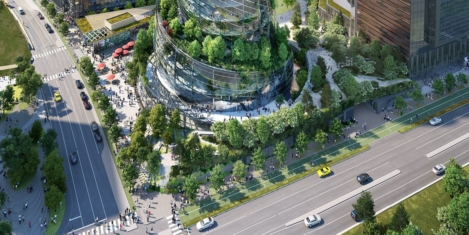
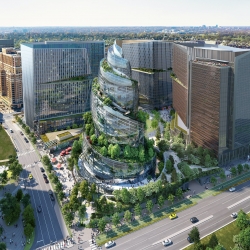 Amazon has submitted plans for its new $2.5 billion headquarters campus, known as HQ2, in Arlington County. Virginia. The NBBJ designed proposal for the PenPlace campus includes a 350 ft glass tower, three 22-story towers offering 2.8 million sq. ft of office space, a 250-seat outdoor amphitheatre, public green space, and several other buildings. The centre piece tower, officially dubbed The Helix, is a plant covered structure to emphasize the firm’s commitment to the environment and biophilic design.
Amazon has submitted plans for its new $2.5 billion headquarters campus, known as HQ2, in Arlington County. Virginia. The NBBJ designed proposal for the PenPlace campus includes a 350 ft glass tower, three 22-story towers offering 2.8 million sq. ft of office space, a 250-seat outdoor amphitheatre, public green space, and several other buildings. The centre piece tower, officially dubbed The Helix, is a plant covered structure to emphasize the firm’s commitment to the environment and biophilic design. 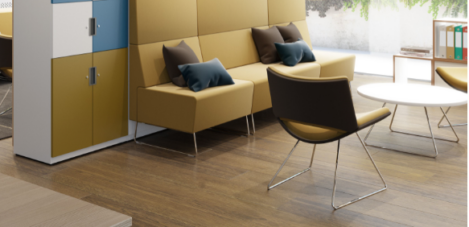
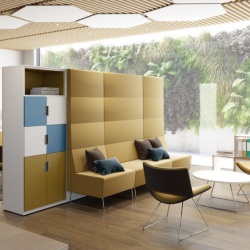 Be by
Be by 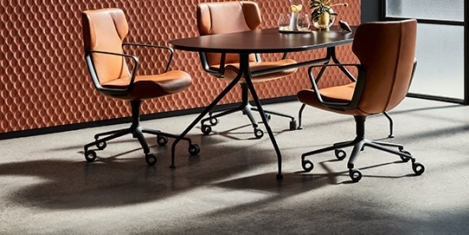
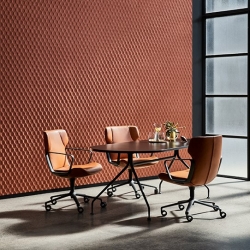

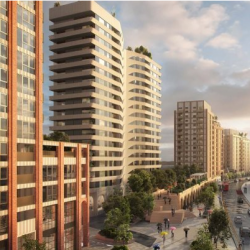 A new 30-storey office tower with green walls and roof nestling next to London’s walkie talkie building has been approved by the
A new 30-storey office tower with green walls and roof nestling next to London’s walkie talkie building has been approved by the 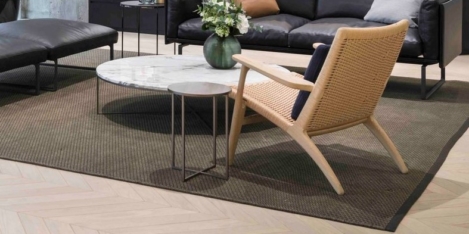
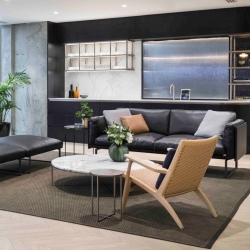 Recently lighting control firm Prolojik assembled an expert panel to talk about learning and working during the time of the Covid-19 pandemic. The roundtable (online of course) involved participants from various fields related to the built environment including those involved in developing, designing and tech reflected on their own experiences over the last several months. While industry issues raised during the session included what productivity really means and how to measure it, what infrastructure needs to be in place to enable people to return to their place of work or education and why a joined-up approach to wellness is an indisputably necessary strand of building management.
Recently lighting control firm Prolojik assembled an expert panel to talk about learning and working during the time of the Covid-19 pandemic. The roundtable (online of course) involved participants from various fields related to the built environment including those involved in developing, designing and tech reflected on their own experiences over the last several months. While industry issues raised during the session included what productivity really means and how to measure it, what infrastructure needs to be in place to enable people to return to their place of work or education and why a joined-up approach to wellness is an indisputably necessary strand of building management. 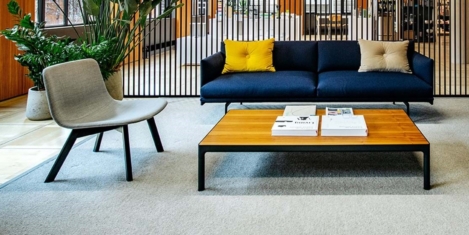
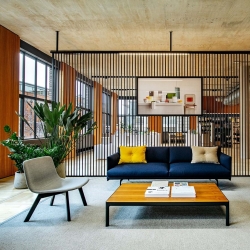
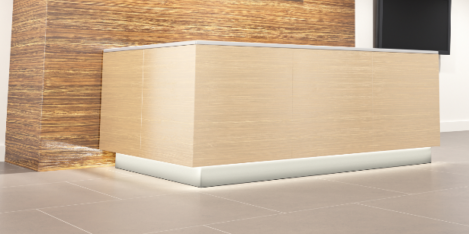
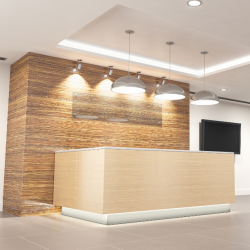 The
The 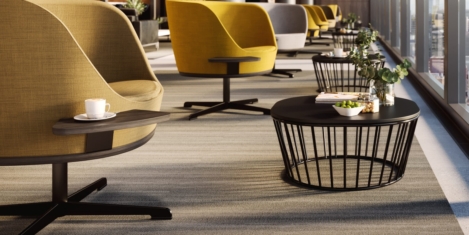
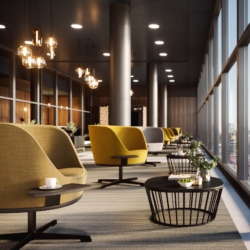
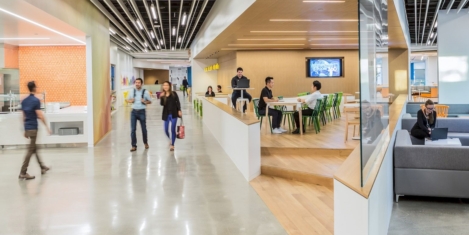
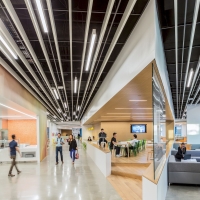 Workspace Show is an exciting addition to the global design events calendar, launching on 21 January this year, with the inaugural edition taking place from 4-5 November 2021 at London’s Business Design Centre, at the heart of the UK’s commercial interiors community. With a theme of ‘re-designing tomorrow’s commercial interiors together’ the show aims to unite architects, designers, developers, contractors, facilities managers, procurement managers and more in one place to explore and share the latest industry thinking from product launches to a comprehensive talks program to networking opportunities aplenty.
Workspace Show is an exciting addition to the global design events calendar, launching on 21 January this year, with the inaugural edition taking place from 4-5 November 2021 at London’s Business Design Centre, at the heart of the UK’s commercial interiors community. With a theme of ‘re-designing tomorrow’s commercial interiors together’ the show aims to unite architects, designers, developers, contractors, facilities managers, procurement managers and more in one place to explore and share the latest industry thinking from product launches to a comprehensive talks program to networking opportunities aplenty. 








February 11, 2021
The future workplace will only thrive with social and customer experience at its heart
by Sonia Brown • Comment, Workplace design